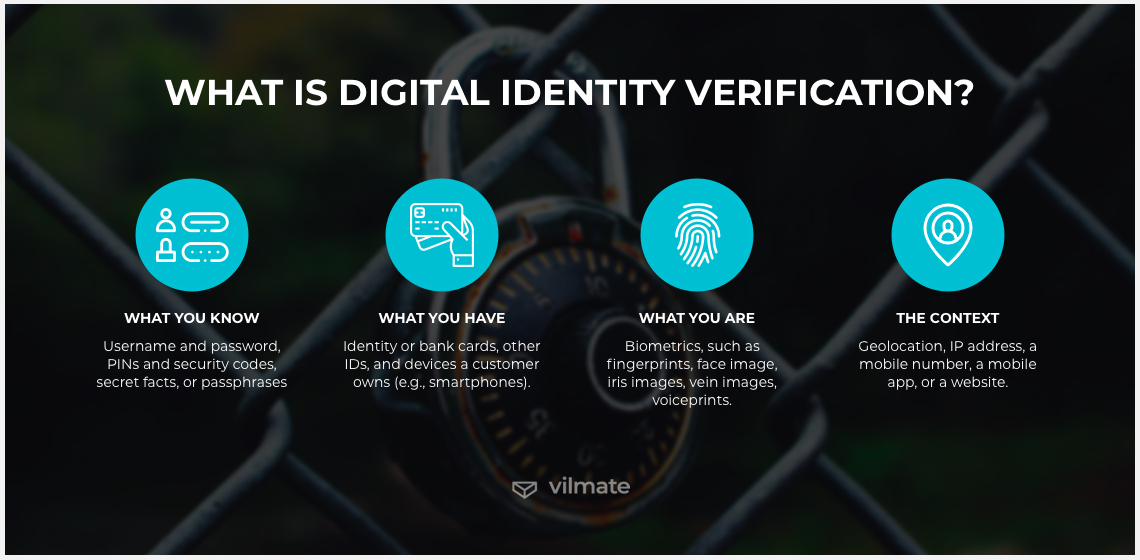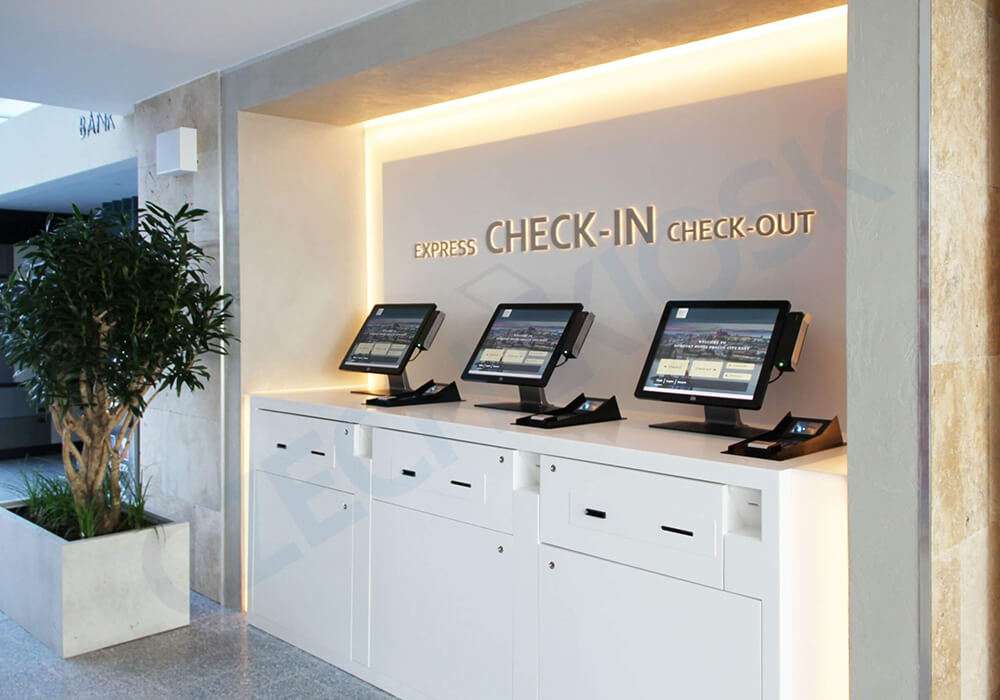Will Hotel Accept a Picture of ID? What You Need to Know in 2025
In an era where digital solutions are becoming the norm, many travelers wonder if hotels will accept a picture of their ID as a valid form of identification. As we approach 2025, the hospitality industry is increasingly adopting technology-driven processes to streamline check-in and enhance security. However, the acceptance of a photo of an ID varies by hotel chain, location, and specific policies. Understanding these nuances can help travelers avoid unnecessary stress and ensure a smooth stay.
The Rise of Digital Identification
With the growing popularity of mobile check-in and digital verification tools, hotels are exploring ways to reduce physical interactions while maintaining safety. Many major hotel chains have introduced apps that allow guests to upload a photo of their ID during the check-in process. This method is often used in conjunction with other verification steps, such as facial recognition or biometric scanning, to confirm the guest’s identity.
For example, brands like Marriott and Hilton have integrated digital ID verification into their mobile applications. Guests can scan their driver’s license or passport and submit it through the app, which is then cross-checked with government databases. This not only speeds up the check-in process but also reduces the risk of fraud. However, it is important to note that not all hotels have adopted this technology, especially smaller or independent properties.
Factors Influencing Hotel Policies

The decision to accept a photo of an ID depends on several factors, including the hotel’s size, location, and compliance with local regulations. Larger chains with significant technological infrastructure are more likely to support digital ID verification. In contrast, budget hotels or those in regions with strict privacy laws may prefer traditional methods, such as presenting a physical ID at the front desk.
Another critical factor is the type of ID being presented. While some hotels may accept a photo of a driver’s license, others might require a passport for international travelers. Additionally, the clarity and quality of the image play a role in whether the hotel accepts it. A blurry or poorly lit photo could lead to rejection, as it may be difficult to verify the information accurately.
Security Concerns and Legal Implications

One of the primary concerns surrounding the use of digital IDs is security. Hotels must ensure that the data they collect is protected from unauthorized access. In 2025, with increasing awareness of data privacy, many establishments are implementing stricter protocols to safeguard guest information. This includes encryption, secure storage, and limited access to sensitive details.
Legally, hotels are required to comply with various regulations, such as the Real ID Act in the United States, which sets standards for federal identification documents. While a photo of an ID may be acceptable for internal verification, it may not meet the legal requirements for certain services, such as renting a car or accessing restricted areas. Travelers should always confirm with the hotel whether a digital ID is sufficient for their needs.
Tips for Travelers

To ensure a hassle-free experience, travelers should take the following steps when considering whether a hotel will accept a photo of their ID:
- Check the hotel’s website or app for information on digital check-in options.
- Contact the hotel directly to inquire about their specific policies.
- Ensure the photo is clear and legible, with all necessary details visible.
- Carry a physical ID as a backup, especially if traveling internationally or to locations with strict regulations.
Additionally, travelers should be aware of the potential risks associated with sharing personal information online. It is advisable to use trusted platforms and avoid sending sensitive data through unsecured channels. By staying informed and proactive, guests can navigate the evolving landscape of hotel identification requirements with confidence.
The Future of Hotel Identification

As technology continues to advance, the way hotels verify guest identities is likely to change significantly. In 2025 and beyond, we may see the widespread adoption of biometric systems, such as fingerprint or facial recognition, as a more secure and efficient alternative to traditional IDs. These innovations could further reduce the need for physical documentation while enhancing the overall guest experience.
However, the transition to fully digital identification will depend on factors such as consumer trust, regulatory approval, and the ability of hotels to implement these technologies effectively. Until then, travelers should remain informed about the policies of the hotels they plan to visit and be prepared to provide either a digital or physical ID when required.



